Turn of the Tide Review
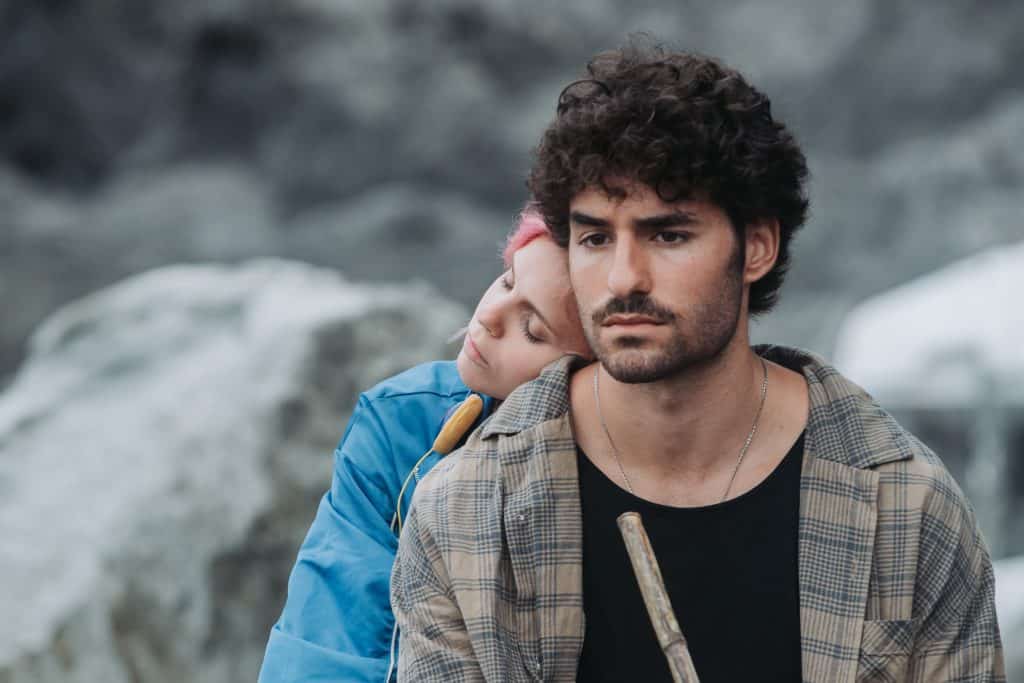
Director: Augusto Fraga
Date Created: 2023-05-26 12:30
4
Turn of the Tide Review: Directed by Augusto Fraga and Patrícia Sequeira, the Portuguese series Rabo de Peixe, starring José Condessa, Helena Caldeira, André Leitão, and Rodrigo Tomás in the lead role, follows the story of four friends who find cocaine boxes on the shore and sell them to become rich. The 7-episode series is produced by Pandora da Cunha Telles, Augusto Fraga and Pablo Iraola.
The main cast includes José Condessa as Eduardo, Helena Caldeira as Silvia, Rodrigo Tomás as Rafael, André Leitão as Carlinhos, Albano Jerónimo as Arruda, Afonso Pimentel as Ian, Kelly Bailey as Bruna, Miguel Damião as Padre Antonio, Pêpê Rapazote as Uncle Joe and other actors. Each episode runs for 47 minutes and is available in Portuguese, Spanish and English.
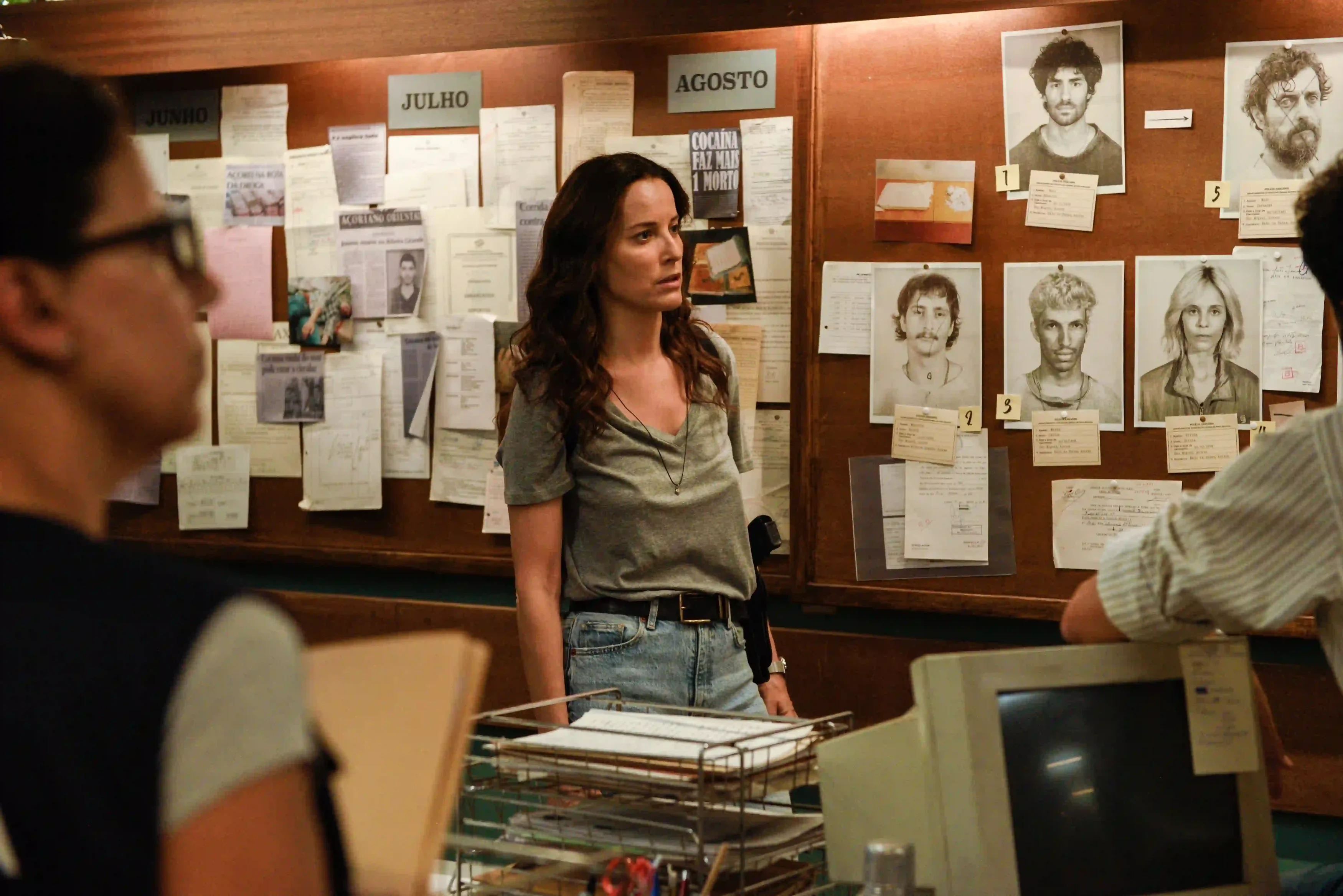
– Mild Spoilers –
Turn of the Tide Review
The title of the movie Turn of the Tide is a famous idiom that denotes the reversal of fortune. As the title suggests, the series also dives into the misery of four friends who believe that good days are ahead of them. Living in a small town, all the people struggle to survive because the government ignores them. Fishing is their primary source of income, but it still doesn’t help the citizens to make a cut.
Eduardo is a young fellow trying his best to get an American visa, but fails at it. Then we see Silvia, a young aspiring model who feels insecure about herself. Her boyfriend, Rafael, is a talented folk who does mediocre jobs. The last friend of the group, Carlinhos, is a gay man who is only used for sexual pleasure by his townmen. All four of their lives change when an Italian ship loaded with cocaine boxes crashes on the shore.
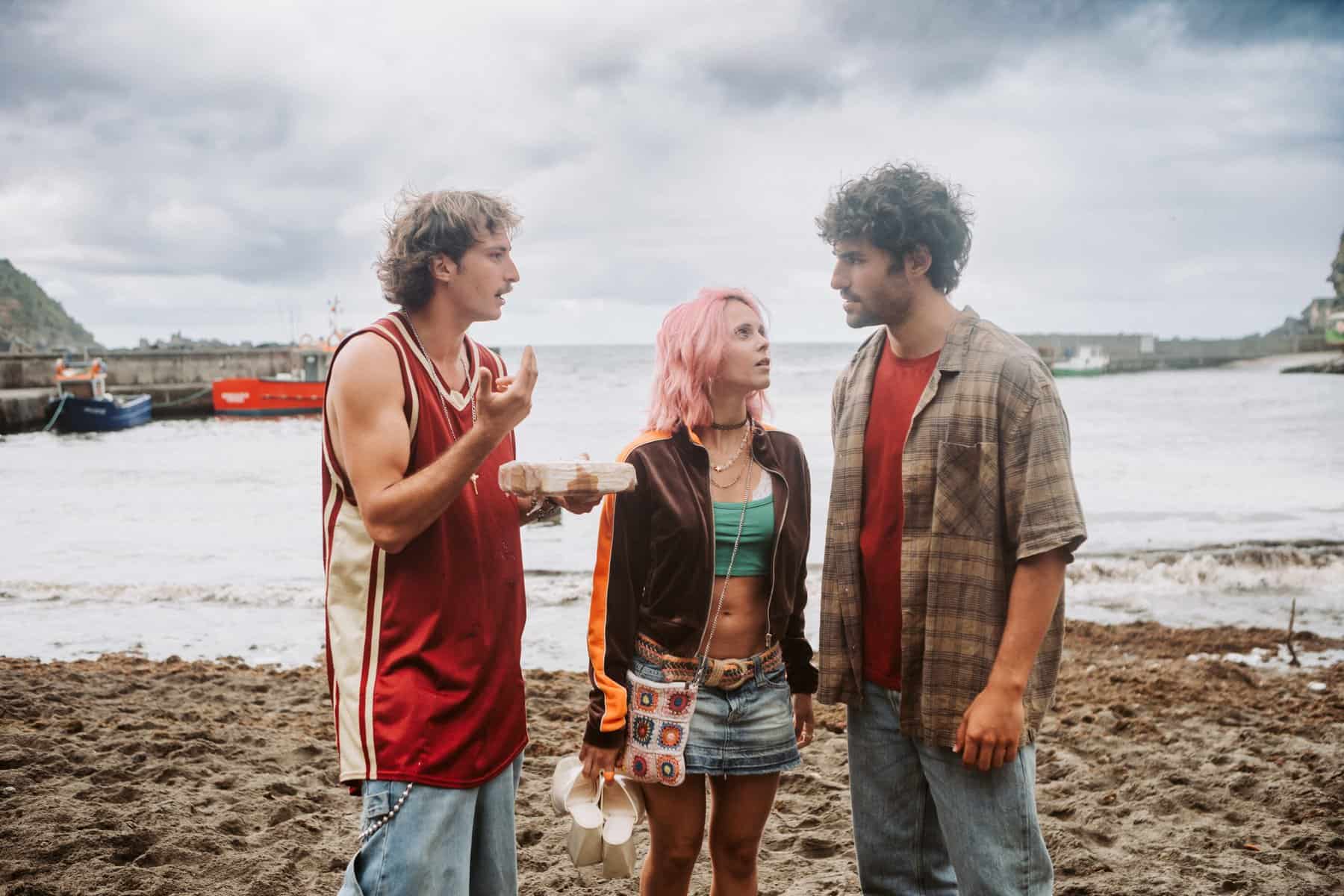
Yet Another Repeated Concept but Fresh Format
Movies or series where someone comes across a boon before it turns into a deadly issue aren’t a new concept. Say the Mummy Saga, where archaeologists dig up stuff only to create chaos – this is pretty much what happens in this series as well. The young folks are aware of the danger around the cocaine because the cops are on the chase, and the villains are on the run. Yet, the friends decide to carry on with the risky mission so they can earn money.
While what is going to happen in the upcoming episodes is easily figurable, the distinct aspect of this series that keeps the viewers engaged is its setting and character storylines. The series not only focuses on the main protagonist but also opens up the mysteries concerning other characters like Eduardo’s father, Priest Antonio, and others.
Initially, we will have certain assumptions about these minor characters, but when mysteries unravel, technically, they become the huge reason behind the story’s progress.
Also Read: Tin and Tina Ending Explained: Are the Twins Truly Evil?

The Romance is a Bit Off
Apparently, Eduardo has been in love with his best friend Rafael’s girlfriend, Silvia. Despite watching them both hook up and make out, Eduardo yearns for a chance, and Carlinhos knows about it. Carl gives all comfort to Eduardo, but he is helpless since Rafael is his best friend as well. Silvia is aware of Eduardo’s feelings and gets jealous when Bruna hits on him.
While the romance storyline seems unnecessary, especially in a life-or-death plot, it is indeed present so that sex scenes can be added. However, instead of wasting time showing their woo-hoo time, creators could have indulged in the past of the characters. Except for Eduardo, the story has nothing to offer about the other important characters.
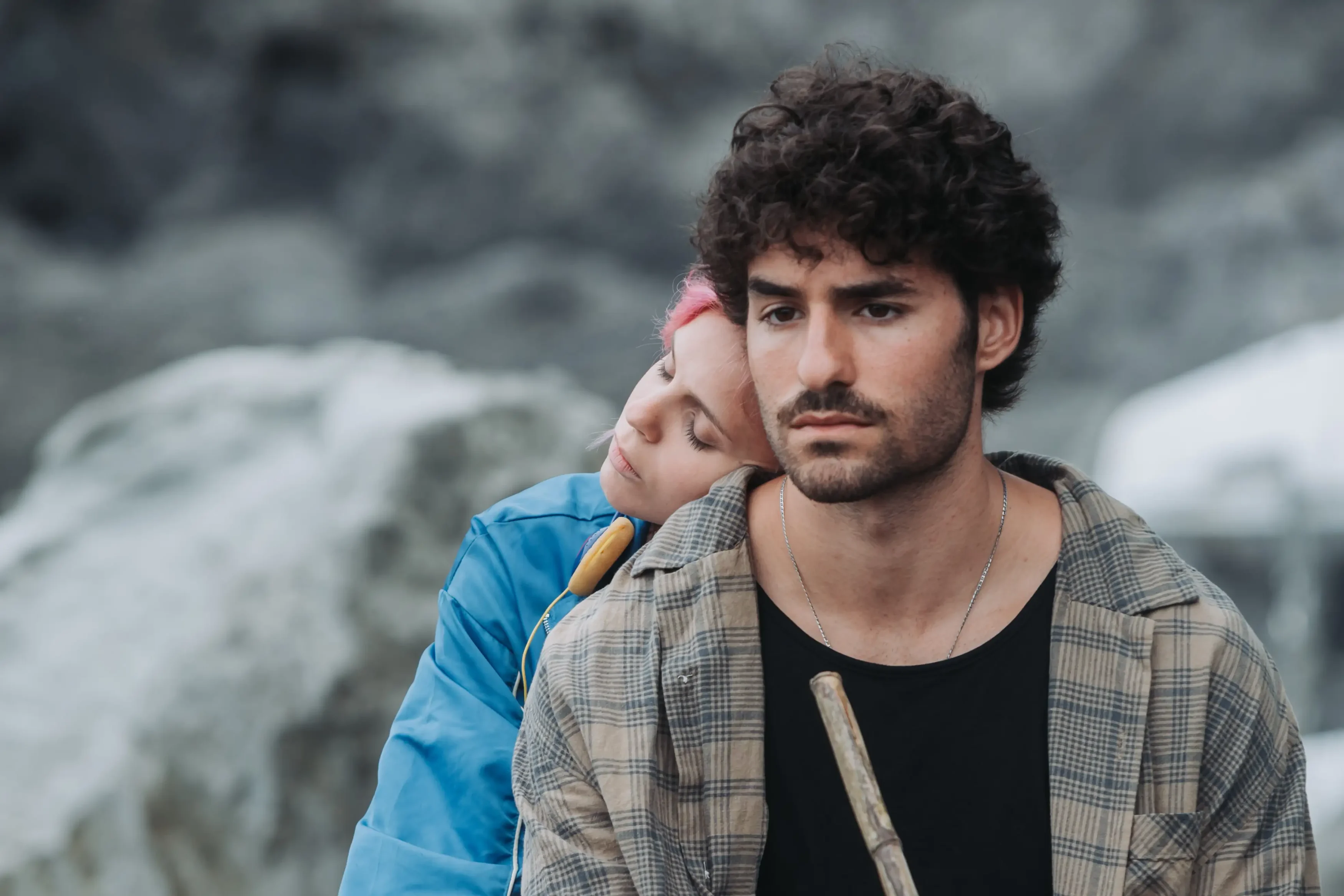
Carlinhos and Rafael Deserve In-Depth Character Design
What disappoints me is the screen time of Carlinhos and Rafael. Being gay in a stereotypical town and who is often abused by the townsmen, the viewers could have been shown more of Carlinhos’ childhood, how he grew up, and what gave him the confidence to survive. We literally only know he is the friend of Eduardo and loves going to church. In one particular episode, Carl plays the piano and sings a song. After this, I expected that more of Carl’s musical touch would have been added, but they missed that opportunity.
Secondly, Rafael is considered the celebrity of the town as he is a sports player. Why wasn’t anything regarding his sports talent shown? What’s his history, and why is he working under Silvia’s father, Addura? These questions were also left unanswered. Only Eduardo and Silvia were given utmost importance despite Rafael and Carlinhos being literal life-savers and geniuses.
Final Thoughts

If only Eduardo hadn’t been greedy, so many mishaps wouldn’t have happened. Yes, there are kilos and kilos of drug boxes, but why didn’t you pick up only a little amount that is sufficient to give you a good start? Why were you greedy? If only he had taken the cocaine boxes that were enough to help the friends get out of the town, the villain would have come, taken his properties, and left everyone in peace. Moreover, nobody would have died.
The ending is sad but not tragic, which actually works well for the series’ plot. Despite their efforts, the youngsters failed to notice that it is far better to work hard in a good way than work smart using illegal things. Overall, the series teaches a great lesson that what’s not yours shouldn’t be coveted.
Turn of the Tide is streaming on Netflix. If you have watched the series, let us know your thoughts in the comment section.
Also Read: Rajneeti Review: Grounded Political Thriller is a Surprisingly Fun Watch

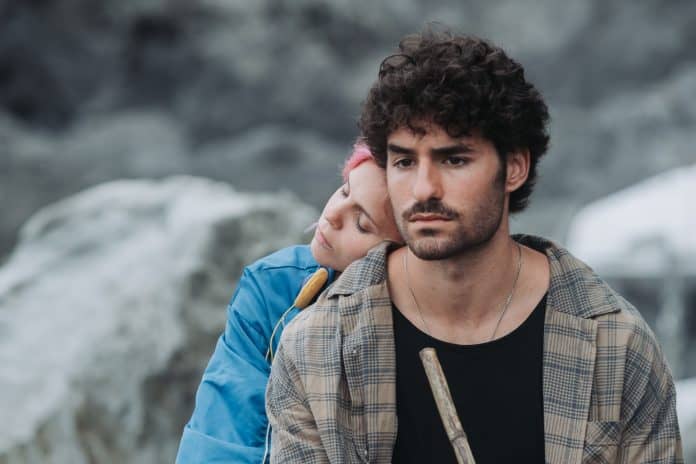

There is something that i bet you didn`t know. This “cliché” story is based in reality. In 2001 a boat carrying half a ton of cocaine did indeed washed up in the shores of Rabo de Peixe, a small and poor village in the Azores islands. That event did changed that population that even nowadays feel the effects of that event. The storys about people frying fish using cocaine as flour are a kind of urban legends nowadays, and its even said that it was used to make the lines in a footbal pitch. Some people say they are true.
Well thanks for the info! Nevertheless the series gave a good format and it is enjoyable. Cliche as in the concept of drugs and fortune turning deadly—this is pretty much what I meant.
What I didn’t like is that it painted the island as if there is no hope and people live in misery. First of all, they are European citizens who can easily travel to the mainland for more opportunities. College is free for its citizens. Yes. Many wanted to come here in the 60s and 70s but now most wouldn’t come to the US. IUS citizens from there usually return there. I was born on one of the island. Love visiting my family there who are all very happy in their simple lives.
This article is embarrassingly bad. Amateur. The least that can be done is getting the names of the characters correct and the history of the story for context. So lazy.